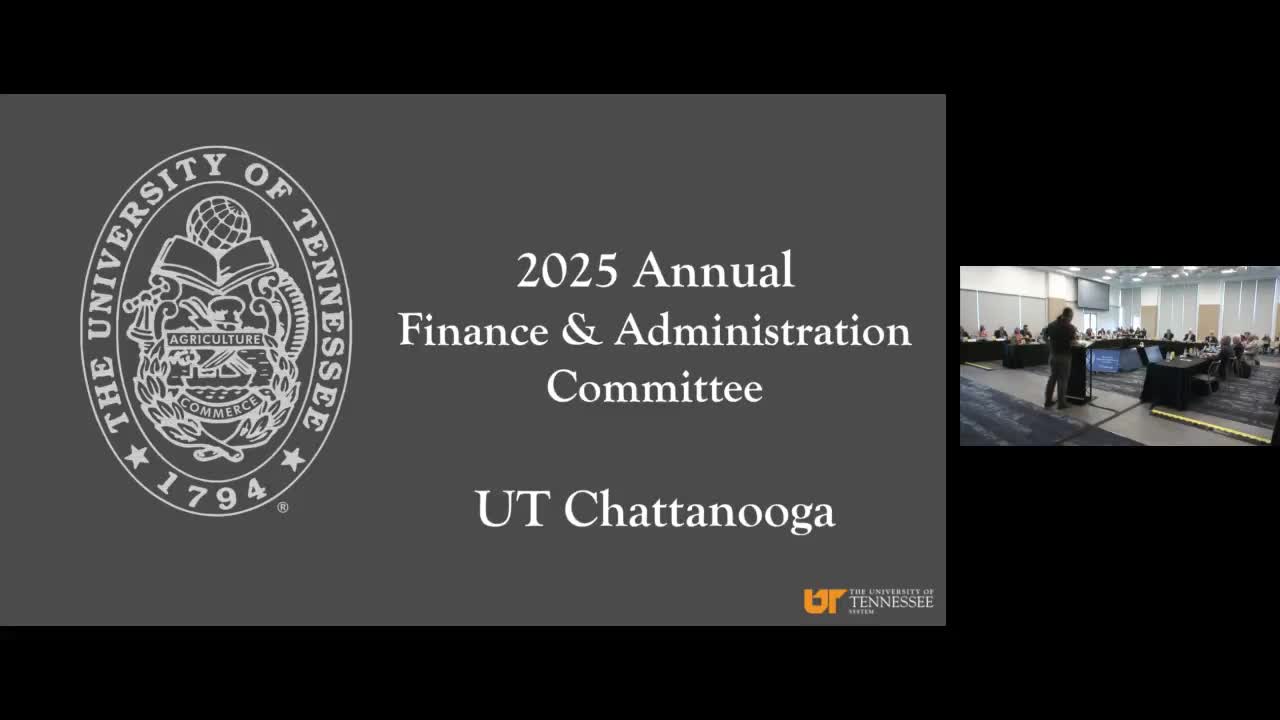Article not found
This article is no longer available. But don't worry—we've gathered other articles that discuss the same topic.
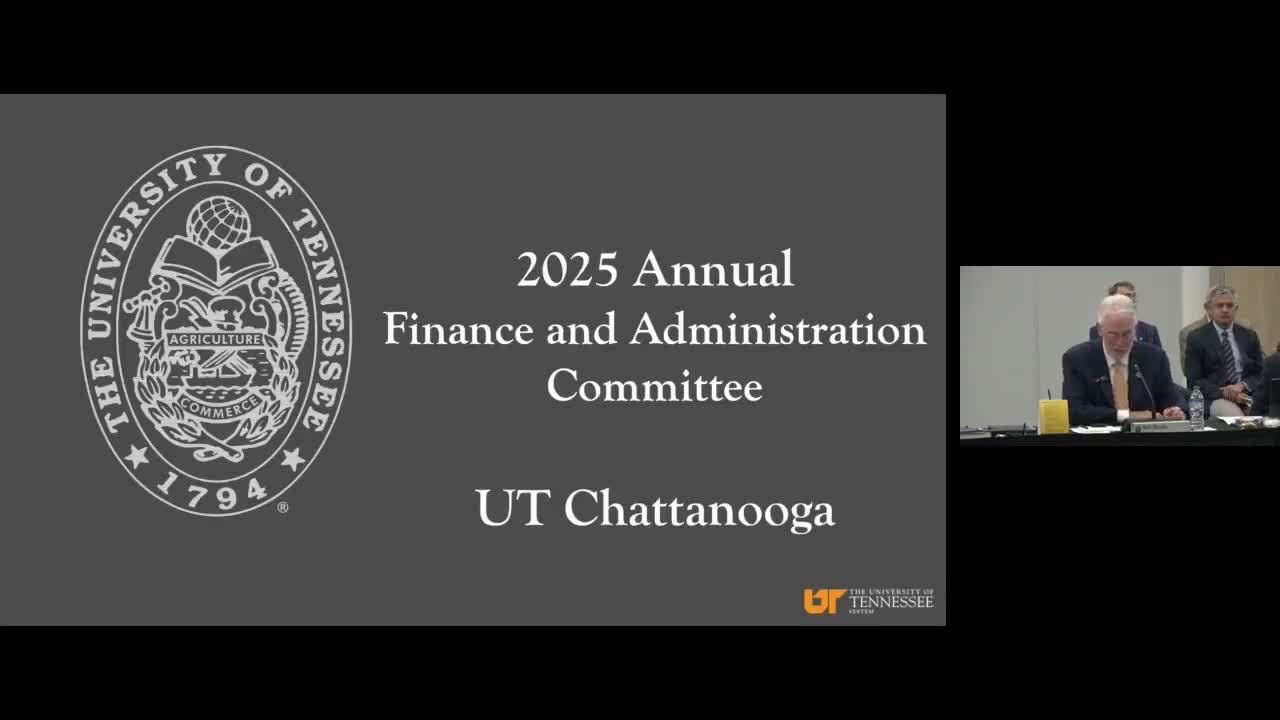
UT system officials detail remediation work on Oracle 'DASH' rollout; 29 priority fixes remain
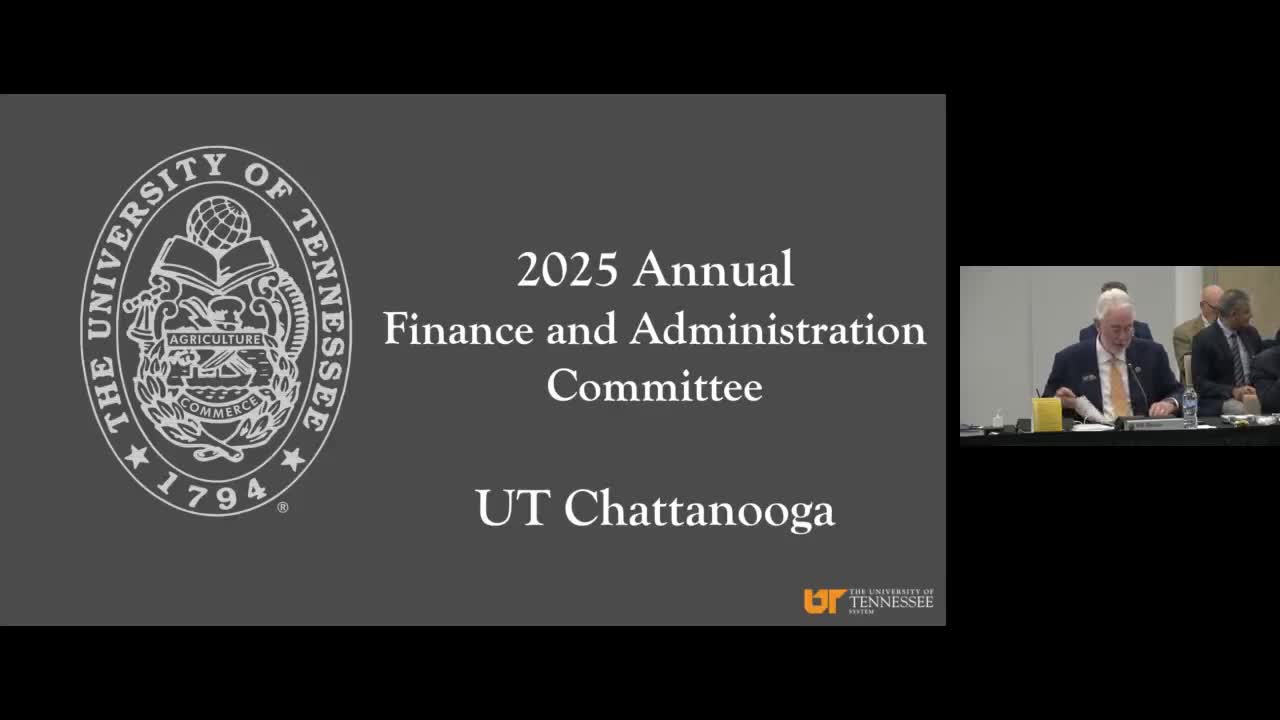
Trustees approve capital outlay, maintenance and demolition requests and system disclosures for FY planning
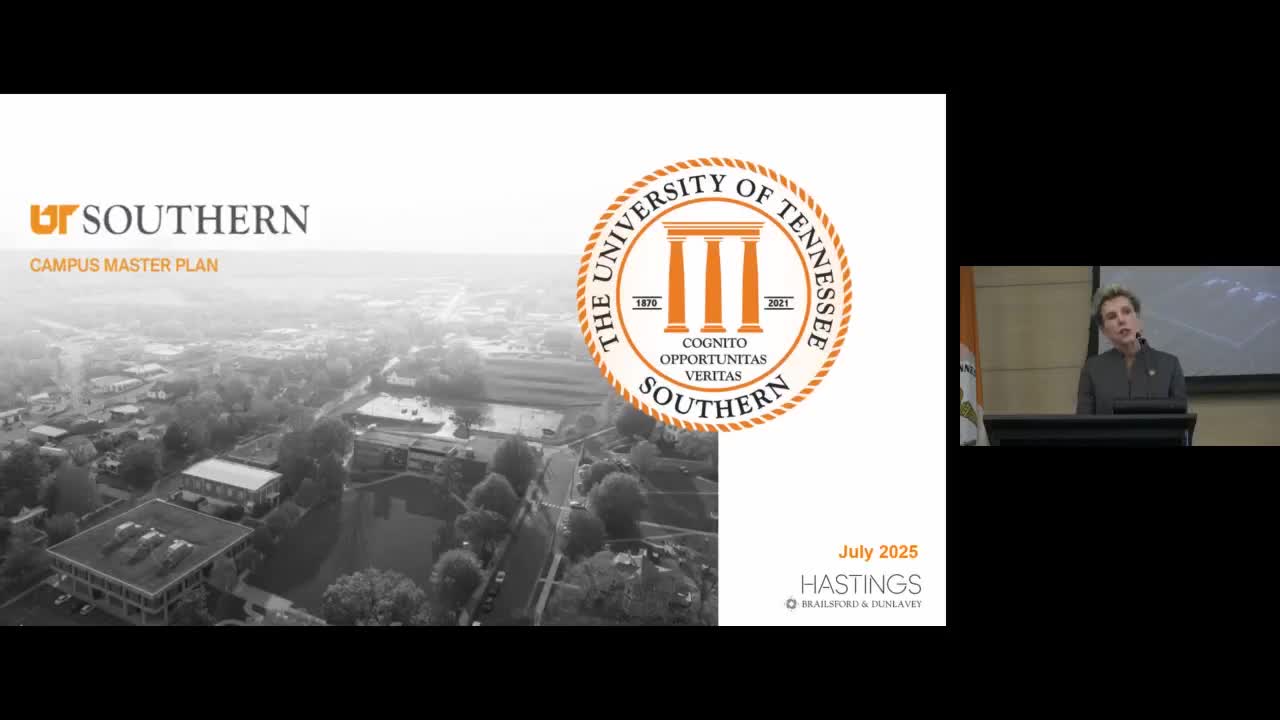
Board adopts UT Southern master plan calling for new academic, housing and athletic investments
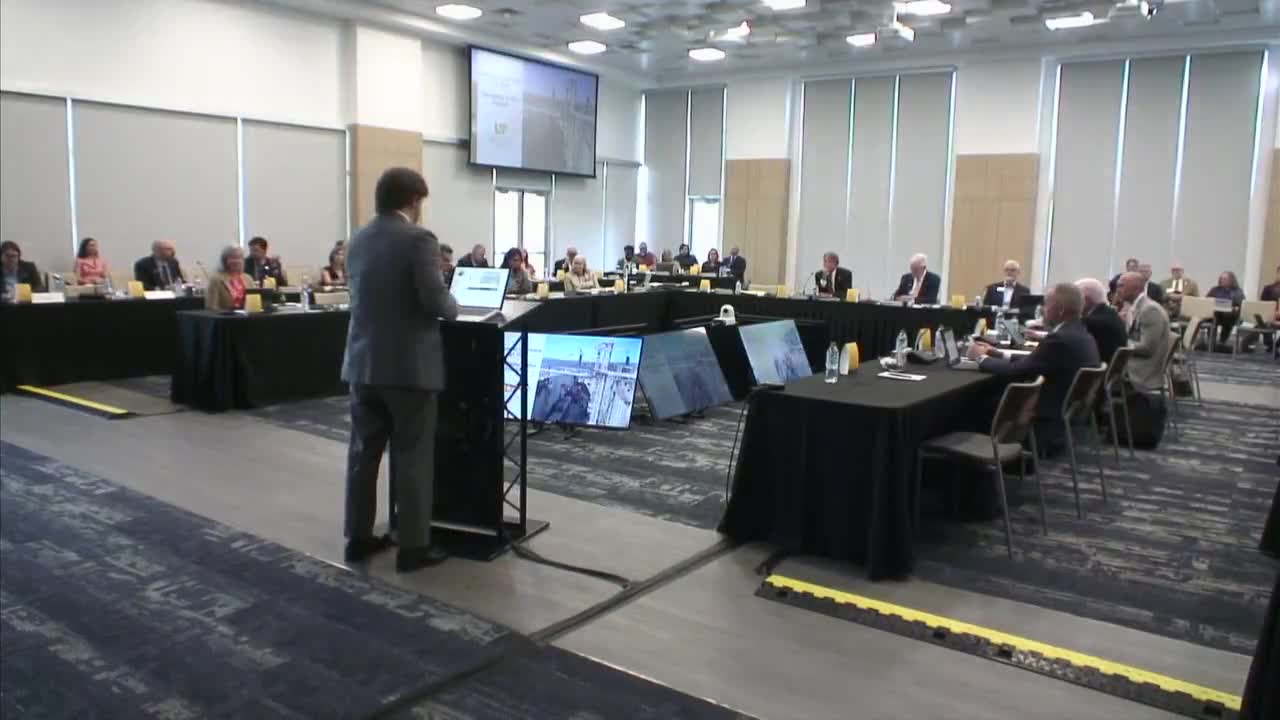
UT System approves FY 2025–26 operating budget; trustees discuss tuition, state funding and affordability programs
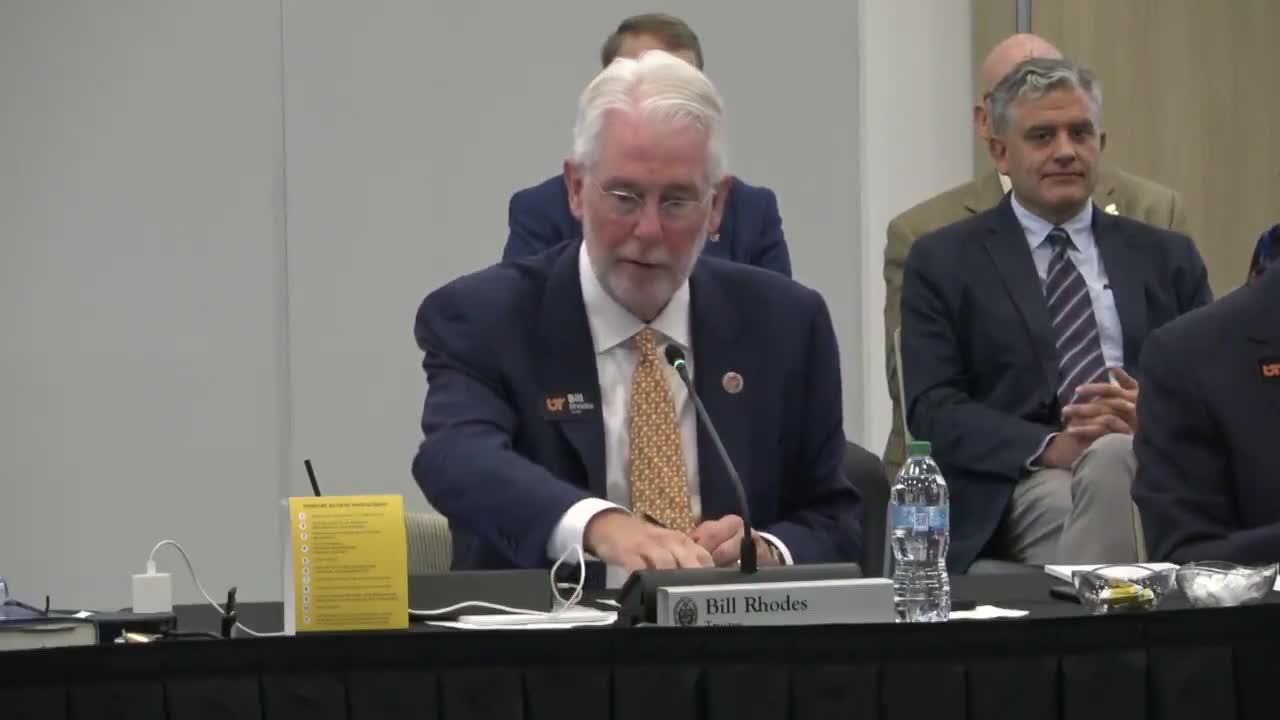
UT System approves 99‑year lease to convert former Walmart into campus recreation space
